By Martin Gramatikov
Ten years ago, the Dutch Embassy in Yemen asked us to measure the justice needs experienced by Yemeni people. To say that this was a challenge is an understatement. The country was on the brink of a civil war (which would erupt in 2015), the Yemeni branch of Al-Qaeda was highly active and a chaotic process of national constitution-building was taking place.
Despite these challenges, we managed to interview randomly selected people from the country’s three most populous governorates. We found that almost everyone in Yemen has to deal with multiple legal problems, most often related to land, crime and family disputes.
Many more such studies have followed in the past 10 years, from Fiji to the United States and from Colombia to Burkina Faso to Bangladesh. These insights about people’s needs for justice became the foundation of people-centred justice and have had a major impact at a global level. A global movement has emerged, and advocates that people-centred justice policies and services must start from robust knowledge about the justice needs in daily life. The Task Force on Justice used legal needs data, including from HiiL’s surveys, to calculate that the global justice gap encompasses a staggering 5.1 billion people. One of the critical indicators of the United Nations Sustainable Development Goal 16 is tightly linked to the study of legal needs. The OECD is championing evidence-based people-centred justice among its member states.
We also witness that more and more countries gather systematic and regular data about people’s and businesses’ justice needs. UK jurisdictions, the Netherlands, Canada, Australia, and New Zealand have accumulated decades of experience measuring justice. Countries from the global South join this approach. Uganda, Colombia, South Africa and Indonesia are just a few examples of repeated justice needs studies.
Justice is vital to all, regardless of background. Yet, the ubiquity of legal problems is not matched by well-functioning justice journeys where half of global needs remain unmet.
Data and knowledge are the cornerstones of the people-centred justice programming that we apply in Tunisia, Nigeria, Niger, Kenya, Mali, Ethiopia, Uganda and all other countries where we work. Bottom-up data is the essential foundation for designing justice services that meet the needs of users and are evidence-based, innovative and scalable.

What did we learn in these 10 years from interviewing tens of thousands of people about their justice needs?
Justice is an intrinsic and growing part of everyone’s lives. Regardless of age, wealth, education or political views, everyone needs support from the law. The ubiquity of problems, however, is not matched by well-functioning justice journeys. Roughly half of global justice needs are not resolved.
Our analysis clearly shows that ‘justice as usual’ will not meet people’s immense and growing needs. The way ahead is to rethink justice systems and engineer them as tools for delivering fairness and value to their users. This is now known as people-centred justice.
The world needs many more justice needs and satisfaction studies. But people-centred justice also needs smarter, more strategic and more efficient use of data. Data must be quickly transformed into knowledge and insights, and more closely linked to decision-making and implementation.
Specifically, the broad justice sector critically needs strategies and methods for streamlining insights about people’s justice needs and justice journeys into policies and services. Most policies, laws, and services are designed without much thought about the user’s needs and experiences. The growing body of justice needs knowledge gathered by HiiL and other international and national organisations is a powerful guide for designing and redesigning justice and legal services in ways that best address the users’ needs.
It is clear: a well-designed justice system is overdue. JNS studies provide the first snapshot to reform. They enable the design and implementation of justice services that meet the needs of people.
Another key challenge over the next decade will be uncovering and using creatively new data sources. We aim to develop new tools to measure justice procedures’ medium—and long-term outcomes. The field of legal needs research must keep up with technological, scientific, social, and political transformations.

We welcome you to contribute your thoughts on the future of people-centred justice data, particularly transforming data into actionable insights and exploring novel data sources.
The first 10 years of surveys taught us valuable lessons and prepared us for the next stage. Most importantly, the people-centred justice coalition is growing. With committed partners in ministries of justice, judiciaries, donor organisations, international organisations and research institutions worldwide, we are confident that legal needs, data and knowledge will grow to become “business as usual” for the justice sector.






